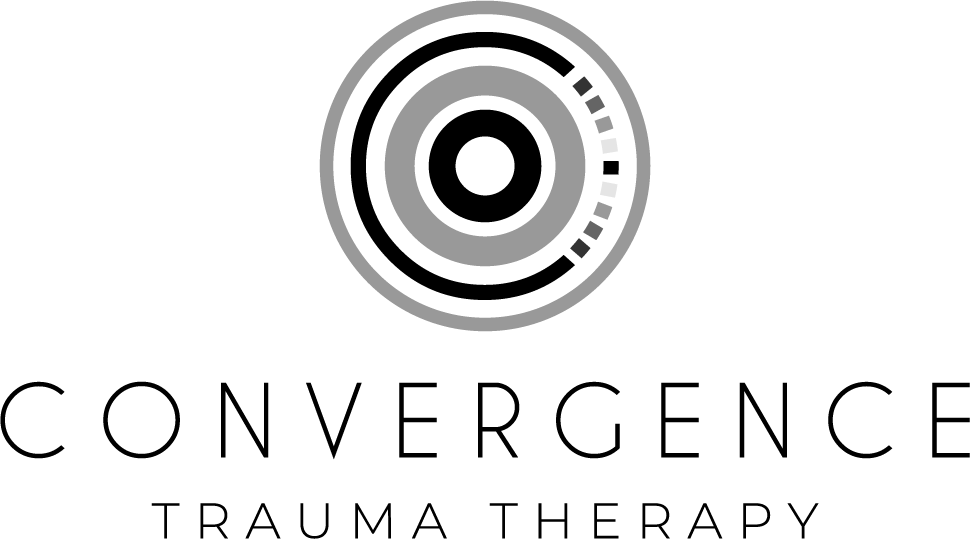An Exercise to Help Receive Nurturing and Care
Why is it so hard for me to accept the love and care from my partner and family now? I know that my family of origin didn’t give me the attention and care that I needed, but why can’t I receive it now?
This is a question that I receive from clients over and over again.
There are a lot of answers to this question, and there is a whole field of neuroscience dedicated to attachment theory and exploring what happens in the brain during these moments of care and connection.
Here’s my short answer:
Your brain learned as you were growing up (often very unintentionally) that you weren’t receiving the care and attention that you needed. Then, very wisely, your brain determined that this is how it would be for the future.
Your brain literally rewired itself around this belief to help you adapt and survive in the situation you found yourself in.
This is due, in part, to neuroplasticity—the brain's ability to change and adapt in response to experiences. Research has shown that early attachment patterns shape neural pathways related to emotional regulation, safety, and connection (Siegel, 2012). When those early patterns are based on neglect or inconsistent care, the brain becomes hyper-vigilant to threats and resistant to vulnerability—because vulnerability didn’t feel safe in the past.
Now that you’ve found yourself in a healthy relationship, or even just feeling safe in your own single life, it’s hard to allow care and nurturing from others. Your brain may not immediately recognize it as safe or familiar.
You might not even know you’re doing this. After all, it’s your normal.
Do you brush off compliments?
Do you feel uncomfortable when someone looks into your eyes and really sees you?
Do you feel uncomfortable being held when you’re crying or upset?
If this is you, don’t be discouraged. The same neuroplasticity that helped your brain adapt to your past experiences can now help it reshape for the present. You and your brain can change, and you can learn to receive healthy, loving nurturing and care.
Here’s an exercise to try:
The next time you feel something like care from someone who is safe, pause.
Take a breath before you brush them off.
Ask yourself: With this person, in this situation, and in this moment, is it okay for me to receive this care?
If alarm bells go off, notice that. It could be that something is off with the situation and your body is letting you know. It may also be your brain’s old protective system trying to keep you safe.
But if you feel that the answer is yes—it’s okay to receive this care right now, be gentle with yourself. Experiment with absorbing just 10% of that care. Notice how it feels in your body.
This exercise is inspired by Deb Dana’s work on anchoring and finding moments of safety within connection (Dana, 2021). By practicing small steps like this, you can help retrain your nervous system to feel safe with care, building new pathways to foster connection and trust.
A Gentle Reminder
Change takes time, and it’s a process. But each step you take, no matter how small, is a powerful reminder to your brain and body that you are safe, cared for, and deserving of love.
So the next time someone offers you kindness, take a breath. You might find that even receiving 10% is a gift—a reminder that your healing is happening, and that you are worthy of the care you’ve always needed.
You’re doing important, courageous work. Be patient and kind to yourself along the way.
Citations:
Dana, D. (2021). Anchored: How to Befriend Your Nervous System Using Polyvagal Theory.
Siegel, D. J. (2012). The Developing Mind: How Relationships and the Brain Interact to Shape Who We Are.
Porges, S. W. (2011). The Polyvagal Theory: Neurophysiological Foundations of Emotions, Attachment, Communication, and Self-Regulation.

